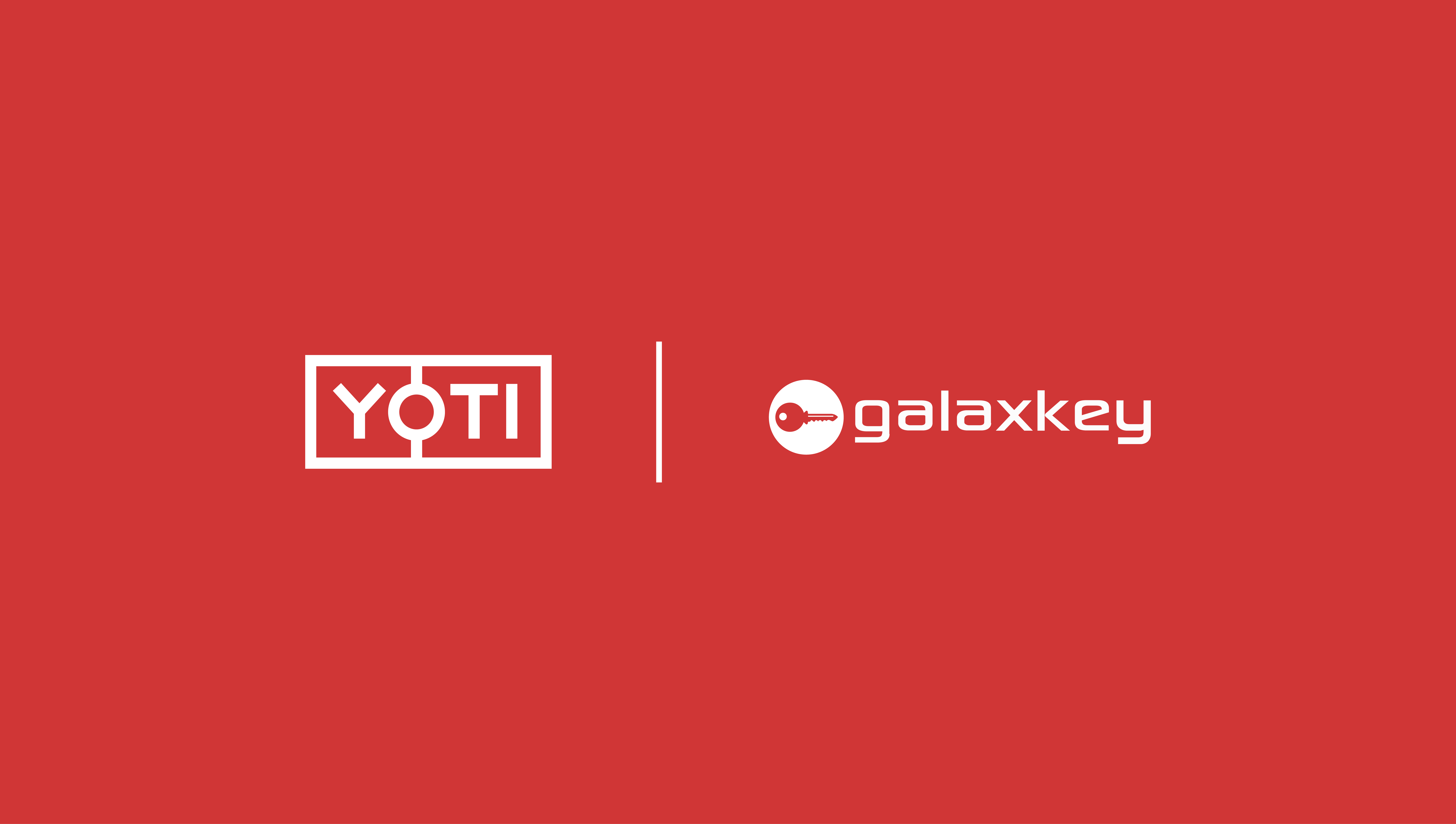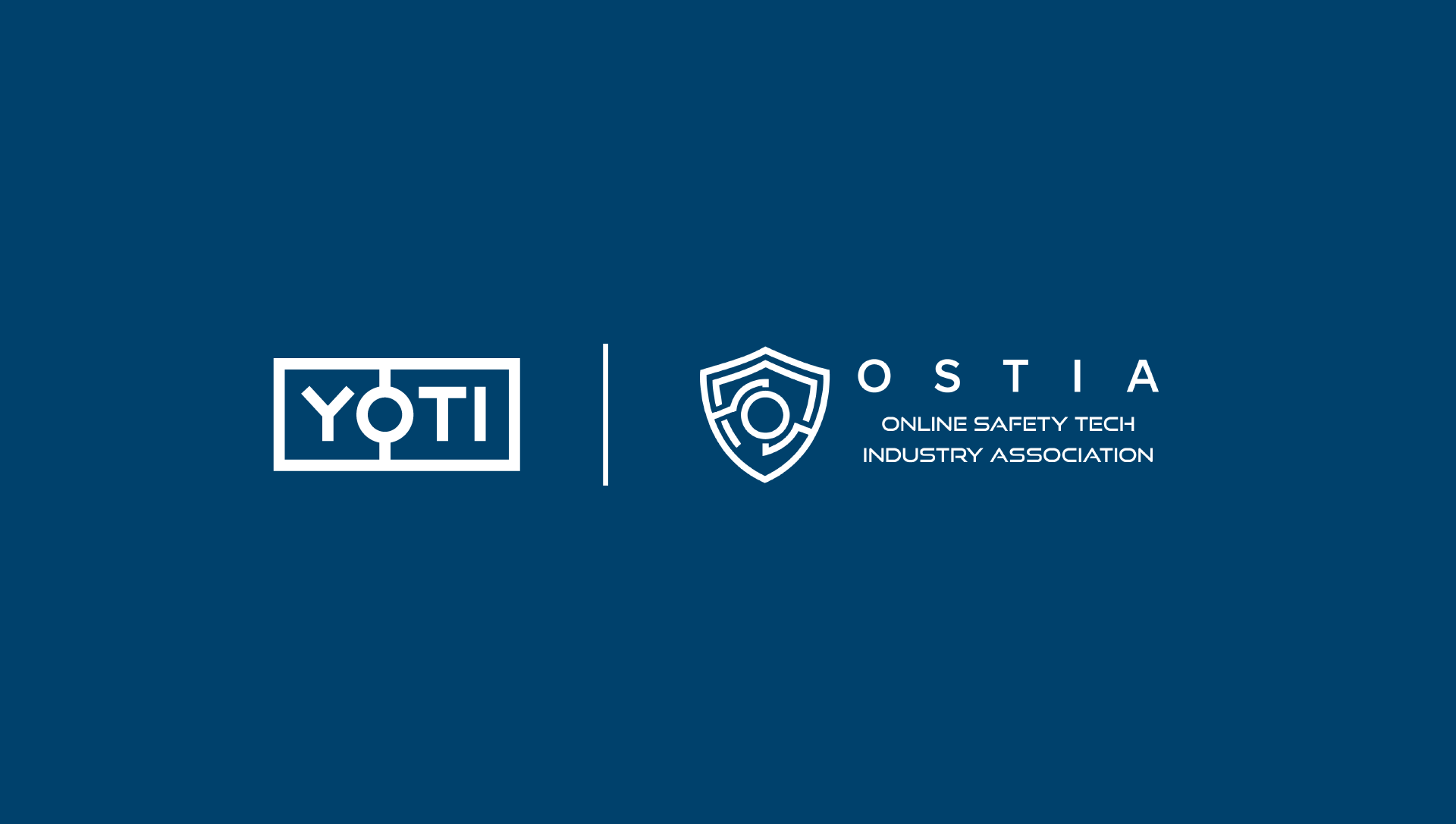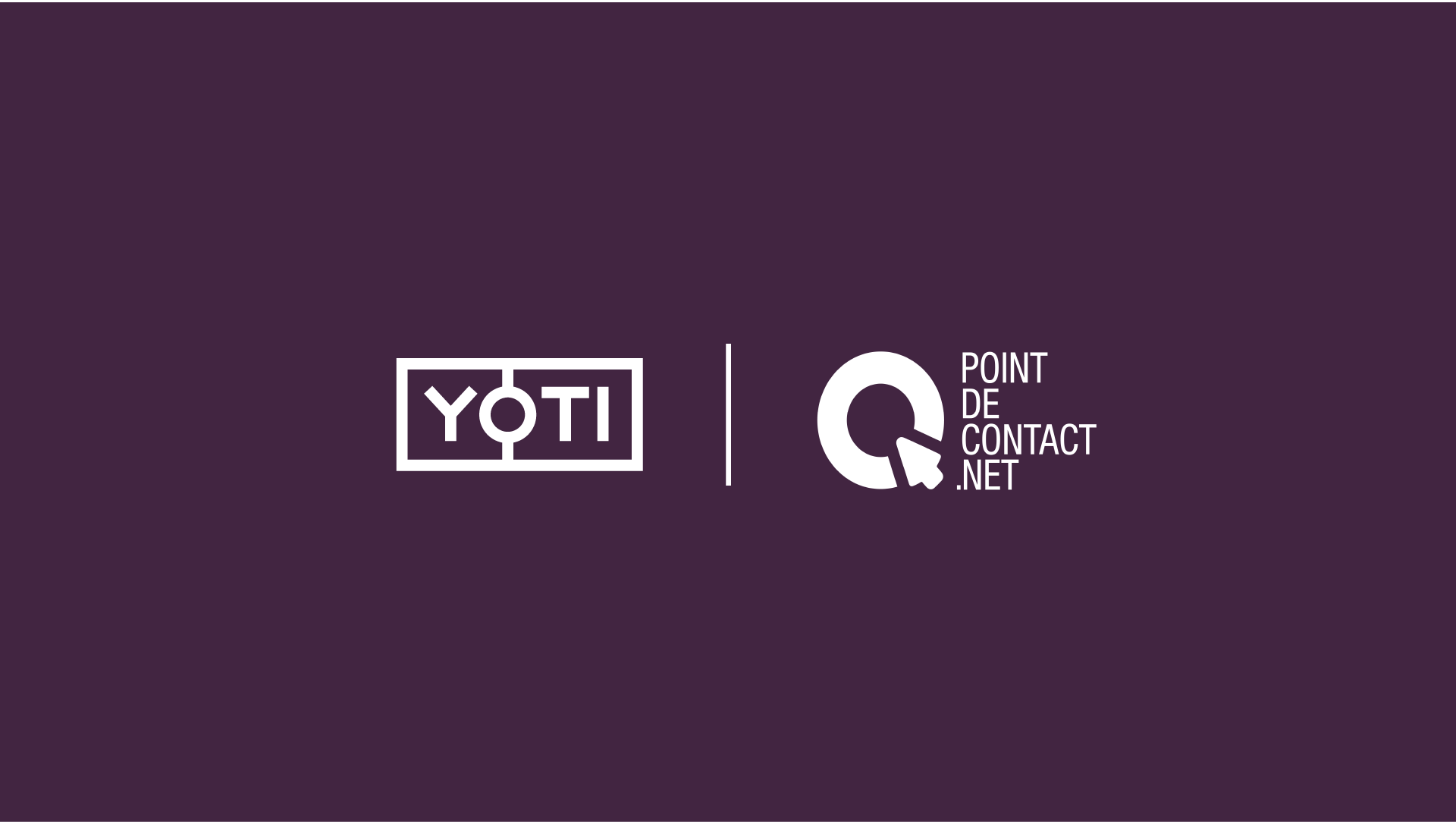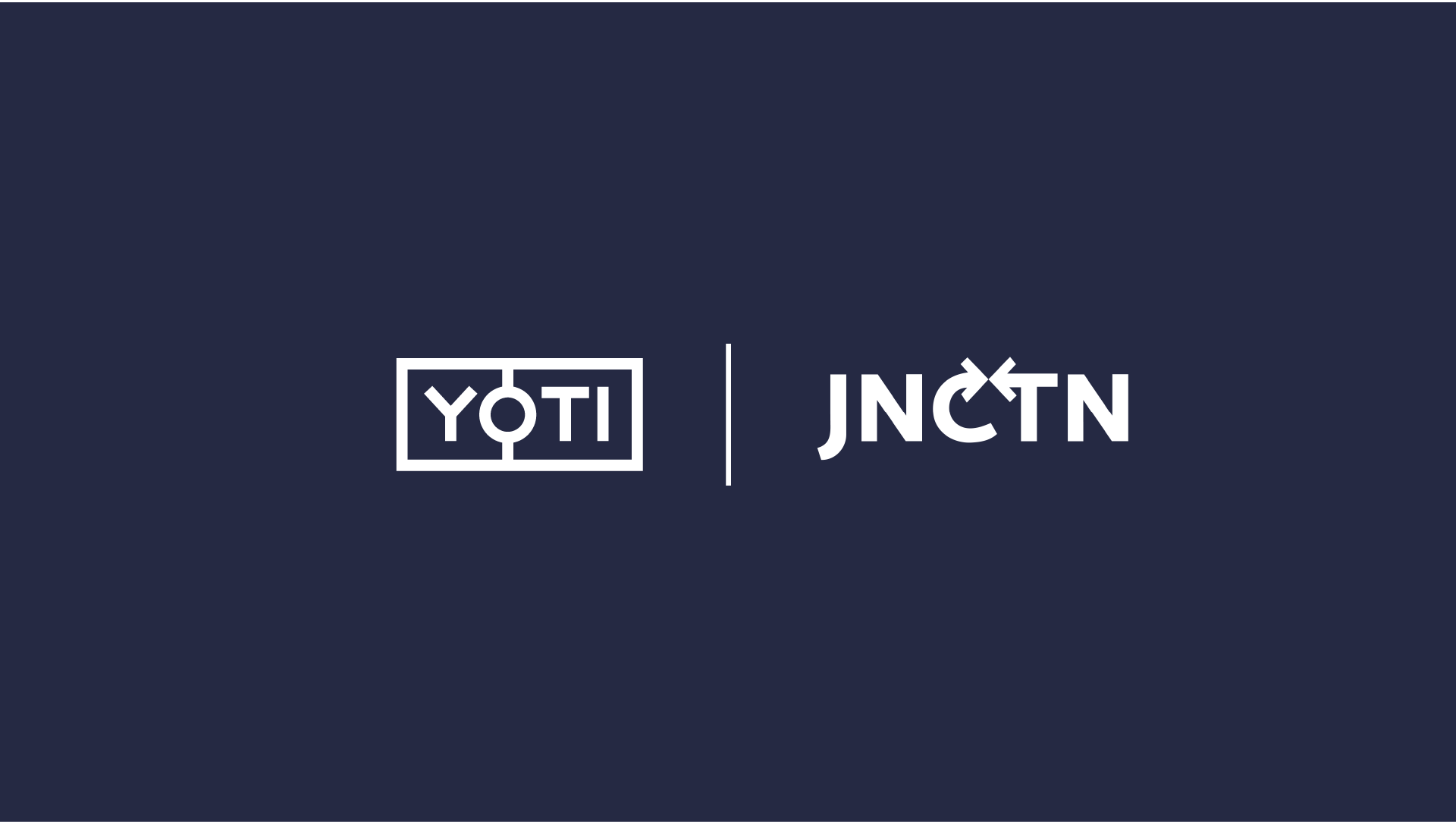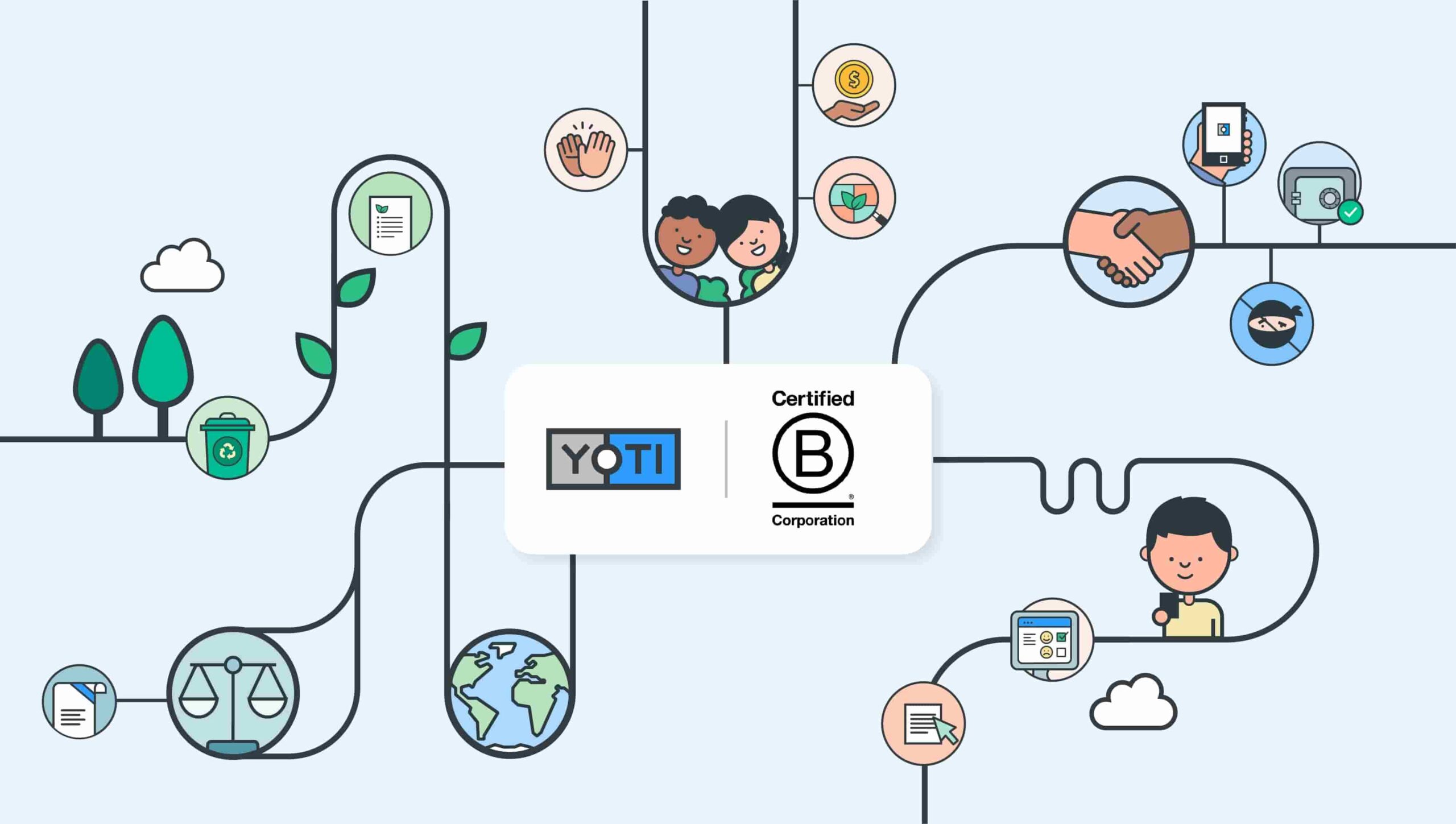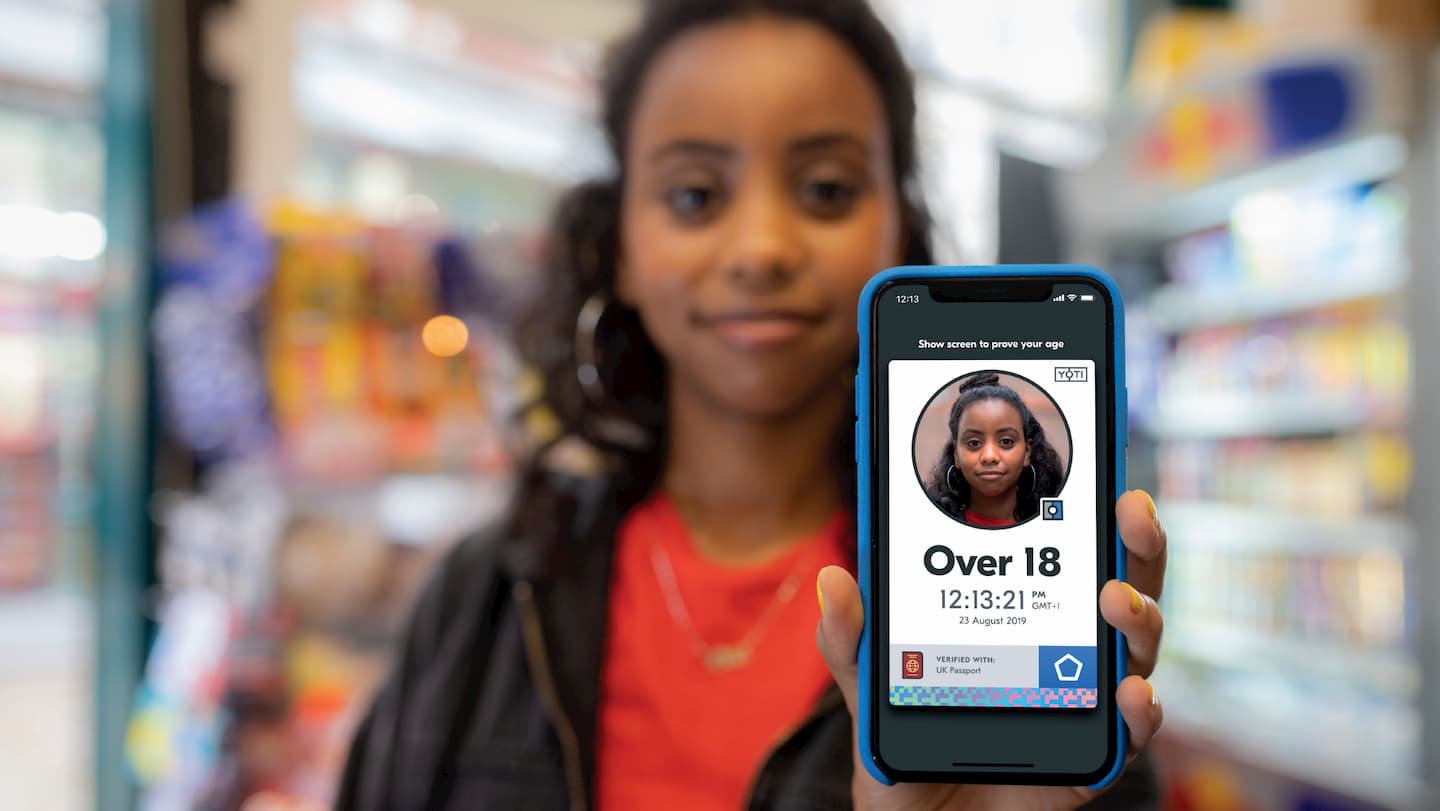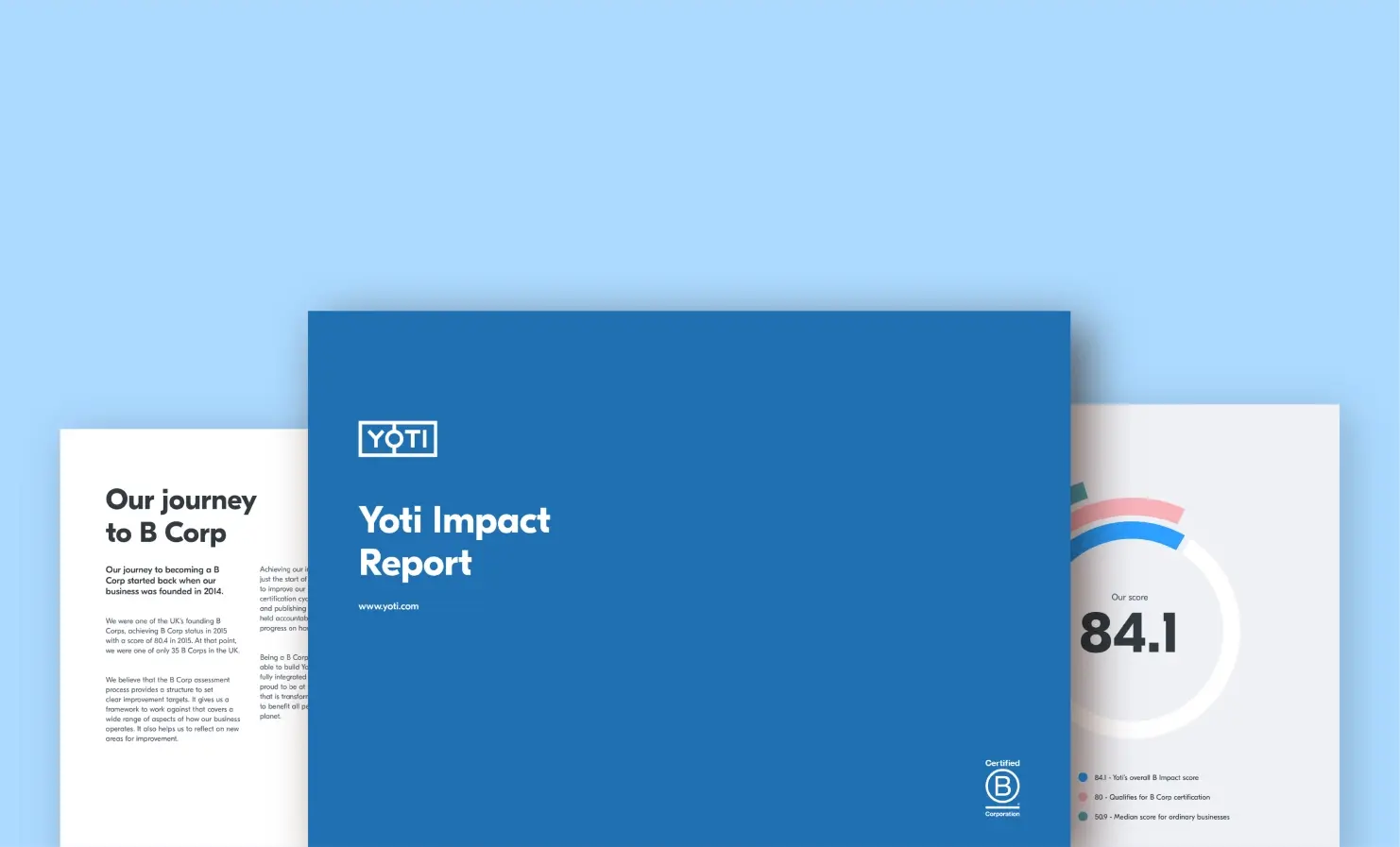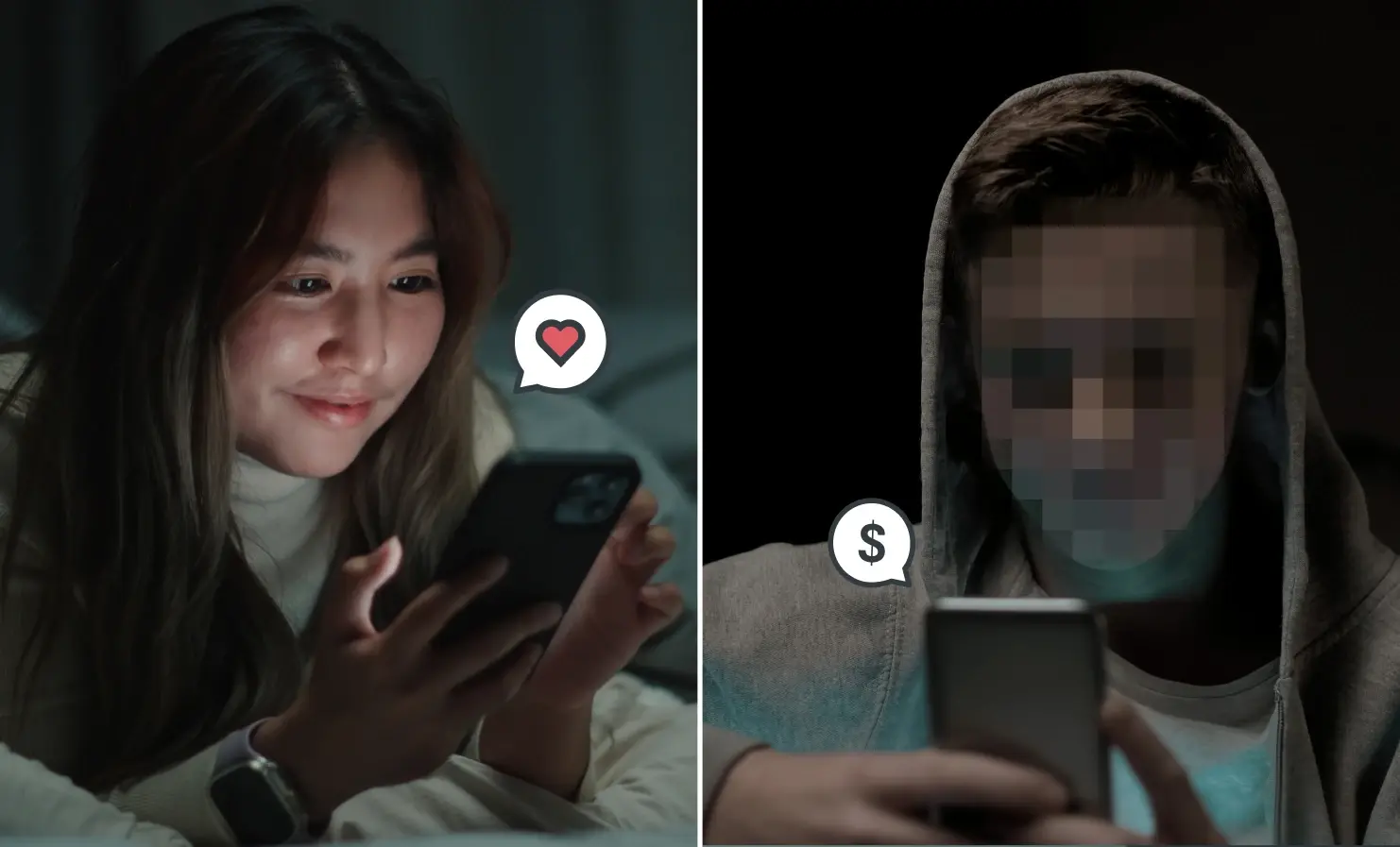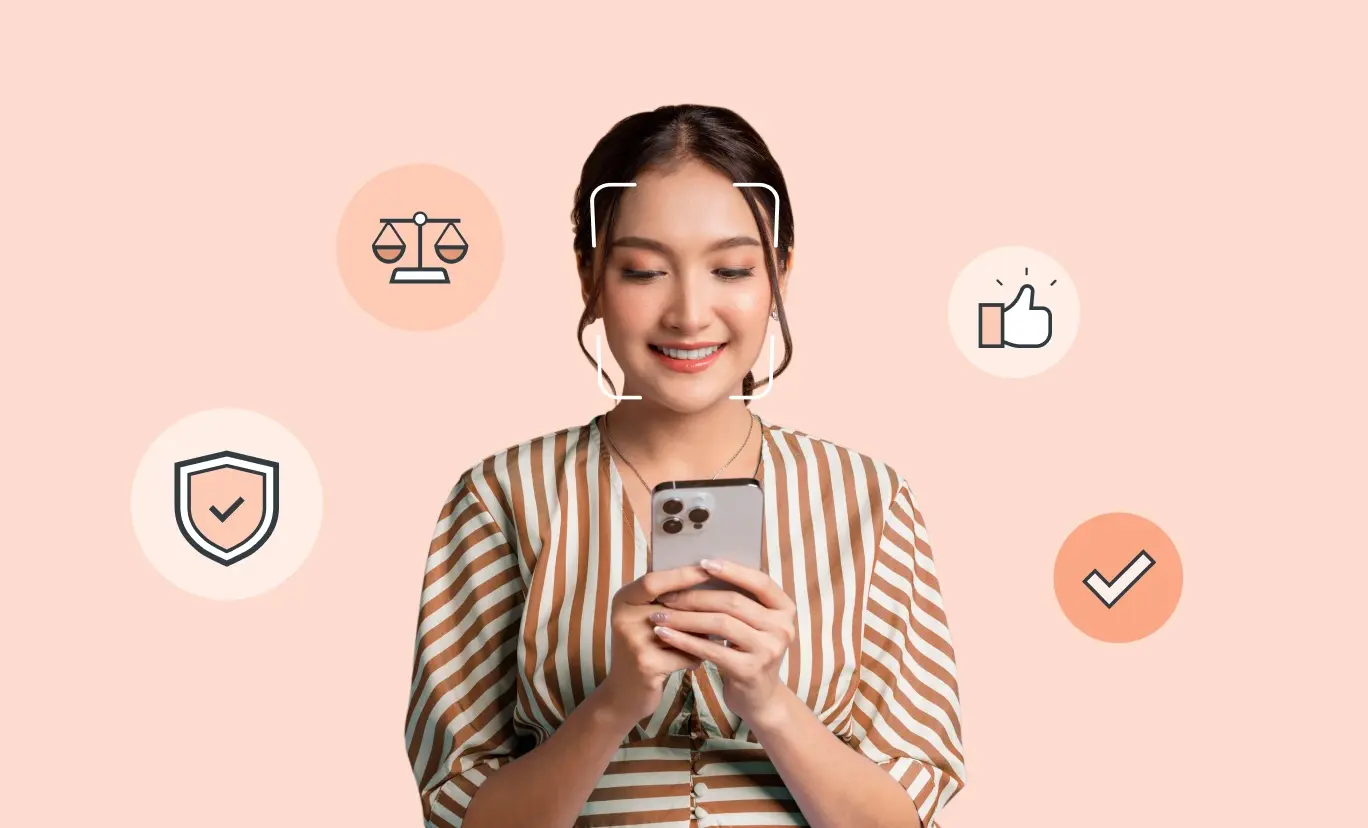Yoti blog
Stories and insights from the world of digital identity
The personal cost of accessing COVID financial support in Argentina
This is the fourth field diary entry from Paz, one of our Digital Identity Fellows. Her year-long research project is focused on unravelling what digital identity, and identity in general, means to the unemployed and under-employed individuals receiving support from public job centres and local labour organisations in Gran Buenos Aires and Mar del Plata in Argentina. ***** There’s little doubt that the Coronavirus pandemic is accelerating the digitisation of people’s everyday lives, in some places acting as an excuse to push certain groups to engage with technology and institutions in ways that might have seemed unlikely a year ago
A step change in data protection and email phishing with digital identities and Galaxkey
Email phishing is an age-old method of cybercrime that is becoming increasingly more sophisticated with modern technologies. According to Verizon’s 2021 Data Breach Investigations report, 36% of all cyber attacks involved email phishing, posing a huge threat to large organisations and individuals. In an increasingly digital world where remote work is commonplace, it has never been more vital for organisations to protect their business operations. Following an annual increase of 25% in email phishing, looking towards email encryption is one way businesses can help to avoid future data breaches relating to cybercrime. Our latest partnership with Galaxkey combines high-level
United for a safer internet with OSTIA
We’re honoured to be one of the founding members of the Online Safety Tech Industry Association (OSTIA), a new UK industry body dedicated to tackling online safety. The group brings together advisory bodies and tech companies in a shared goal of making the internet safer and hopes to provide a voice of hope by offering solutions to address key issues in a complex debate so often focused on what can’t be done. With support from the National Crime Agency, GCHQ, the Home Office, NSPCC, the group will serve as a forum for companies working on potential solutions and create collective
Reinforcing our commitment to protecting children from online harms by joining the Point de Contact association
We are delighted to announce we have been accepted into the Point de Contact association to help the fight against abuse and inappropriate online content. Point de Contact was created in 1998 to contribute to the fight against illegal content on the internet and facilitate the reporting of child sexual abuse material (CSAM). Point de Contact is also a member of the French Monitoring Committee for protecting children from online pornography and has been supported by successive European Commission programs. Point de Contact is a founding member of INHOPE – the International Association of Internet Hotlines which unites over
JNCTN and Yoti’s strategic partnership to provide a single verified digital identity and credential management solution
Yoti and New Zealand’s credential management platform JNCTN are excited to officially announce our partnership today. This new partnership will bring consumers a verified credential and digital identity solution for the global market. Wayne Stemp, Founder of JNCTN says “Working together will allow both of us to provide integrated identity and credential management solutions for international clients. We see the partnership as eliminating the risks associated with increased fake identities, allowing businesses to be able to instantly identify and verify staff. This will also give individuals the security needed to protect their identity and credentials from theft.“ This is reinforced
Social purpose in a time of crisis
Events over recent weeks have been unprecedented. At Yoti, we have been inspired by the Black Lives Matter movement and wholeheartedly support calls for the end of inequality and exclusion wherever it exists and in whatever form it takes. Racial equality is very much an issue of identity, and being a digital identity company the issues at hand are more pertinent to us than for many other companies. As signatories of the Safe Face Pledge, we have made a public commitment addressing harmful bias in artificial intelligence technology and embedded transparency into our business practices. Today, we are releasing a
Browse by category
Essential reading
Get up to speed on what kind of company we are


